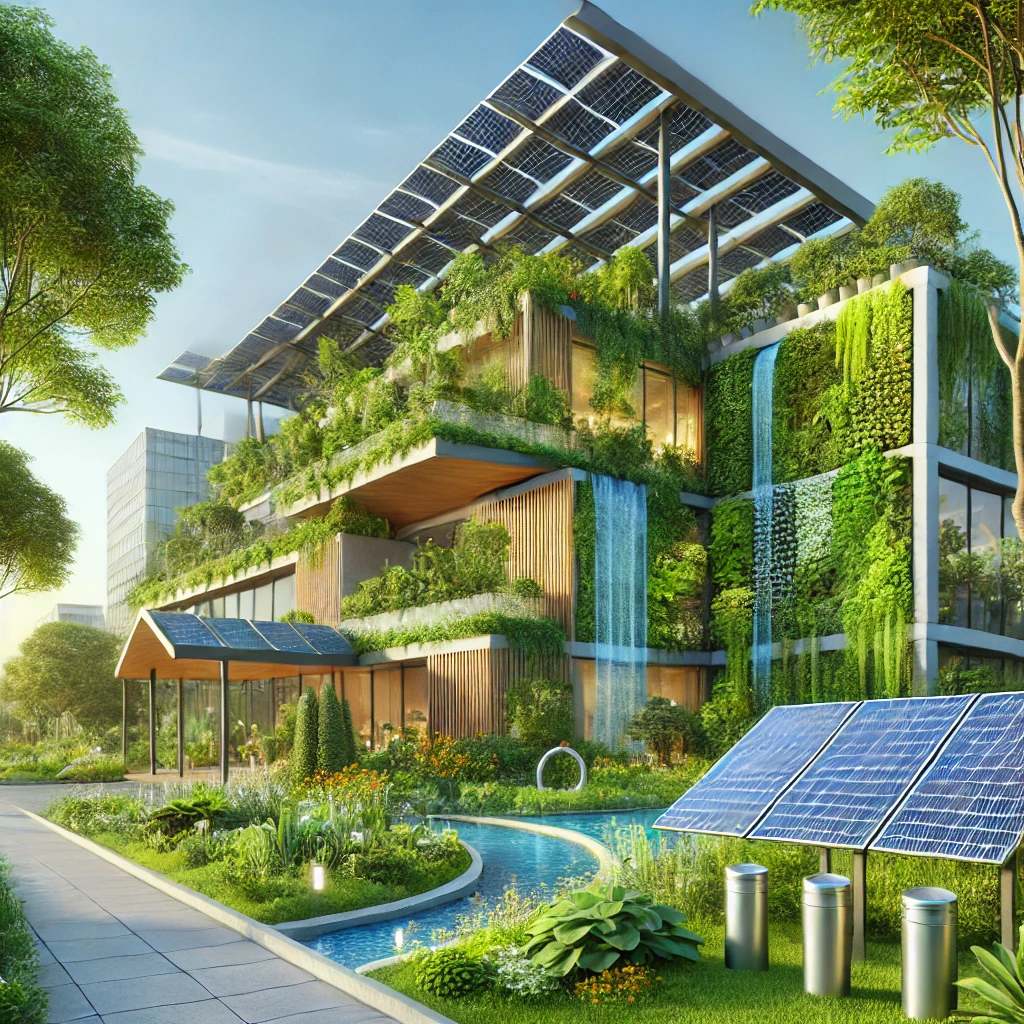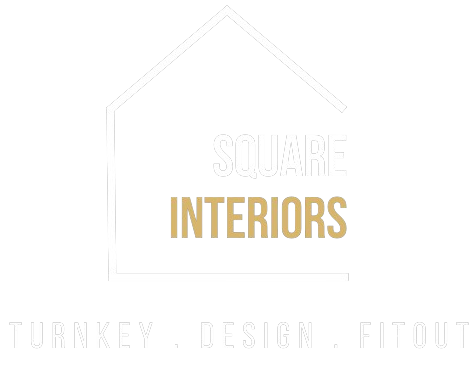The Impact of Sustainability on Property Value
As environmental concerns take center stage globally, sustainability is no longer an optional add-on but a fundamental component of property development and management. Sustainable features not only reduce environmental impact but also significantly influence property value. Buyers and investors increasingly seek eco-friendly properties, making sustainability a key factor in market dynamics. This article explores how sustainability impacts property value, highlighting key factors, market trends, and the long-term benefits for property owners and investors.
What is Sustainability in Real Estate?
Sustainability in real estate refers to the incorporation of eco-friendly practices, materials, and designs in property construction, operation, and maintenance. These practices aim to reduce energy consumption, lower carbon emissions, and promote environmental conservation. Square Interiors Related Article For Sustainability in Real Estate

Key components include:
- Energy efficiency: Using renewable energy, energy-efficient appliances, and lighting systems.
- Water conservation: Low-flow fixtures, rainwater harvesting, and greywater recycling.
- Sustainable materials: Recycled, renewable, or low-impact construction materials.
- Green certifications: LEED, BREEAM, and WELL certifications signify adherence to sustainability standards.
- Smart technology: Automated systems for optimizing energy and water usage.
How Sustainability Influences Property Value
- Higher Market Demand Eco-conscious buyers prioritize properties with sustainable features. Energy-efficient homes, for instance, appeal to buyers due to reduced utility bills and a smaller carbon footprint. This heightened demand often translates into higher property prices.
- Operational Cost Savings Sustainable properties incur lower operating costs due to energy efficiency and resource optimization. For investors, this increases the net operating income (NOI), positively impacting the property’s valuation.
- Enhanced Marketability Green certifications and sustainability features boost the marketability of properties. They serve as a differentiator in competitive markets, attracting a broader range of buyers and tenants.
- Regulatory Compliance Properties with sustainable features are better positioned to meet current and future environmental regulations, avoiding potential fines or retrofitting costs.
- Long-Term Resilience Sustainable buildings are often designed for durability, minimizing maintenance costs and ensuring long-term value retention.
Key Sustainable Features That Add Property Value
Energy-Efficient Systems
Solar panels, energy-efficient HVAC systems, and LED lighting.
Smart energy management systems to monitor and reduce consumption.
Water Efficiency Measures
Low-flow plumbing fixtures and dual-flush toilets.
Rainwater harvesting systems for irrigation and non-potable uses.
Green Building Materials
Recycled steel, reclaimed wood, and bamboo flooring.
Square Interiors Related Article of Green Building Advantages
Insulated windows and eco-friendly insulation materials.
Smart Technology Integration
Smart thermostats, lighting, and security systems.
Home automation systems for energy and water management.
Eco-Friendly Landscaping
Use of native plants that require minimal water and maintenance.
Green roofs and vertical gardens to improve energy efficiency and aesthetics.
The Economic Benefits of Sustainability for Property Owners
- Increased ROI: Sustainable properties often command higher rents and resale values, ensuring a solid return on investment.
- Tax Incentives and Rebates: Governments and local authorities frequently offer tax breaks, grants, and rebates for incorporating sustainable features.
- Lower Vacancy Rates: Tenants and buyers increasingly favor properties with green certifications and energy-efficient features, reducing vacancy periods.
- Reduced Lifecycle Costs: Durable and energy-efficient materials result in lower maintenance and replacement costs over time.
Case Studies: Sustainability Boosting Property Value
- Residential Property A suburban housing development in California integrated solar panels, energy-efficient appliances, and smart home features. Homes in this development sold for 15% more than similar properties without these features.
- Commercial Property A LEED-certified office building in New York attracted high-profile tenants willing to pay a premium for eco-friendly office spaces. The property achieved a 20% higher lease rate compared to non-certified buildings.
Challenges in Implementing Sustainability in Properties
- High Initial Costs: The upfront investment for sustainable construction materials and systems can be significant.
- Knowledge Gaps: Property developers and buyers may lack awareness about the long-term benefits of sustainability.
- Limited Access to Technology: In some regions, access to sustainable technologies and materials may be restricted or expensive.
- Greenwashing Risks: Misleading claims about sustainability can erode trust and create confusion in the market.
The Future of Sustainable Properties
As awareness and regulations around sustainability increase, the demand for green properties will continue to grow. Advancements in technology and material science are likely to lower costs, making sustainable features more accessible. Additionally, as ESG (Environmental, Social, and Governance) criteria gain prominence among investors, properties that align with these principles will enjoy enhanced value.
Conclusion
Sustainability is no longer a trend—it is a fundamental driver of property value. Eco-friendly features reduce environmental impact and offer economic advantages, from lower operational costs to higher market appeal. Property owners and investors who prioritize sustainability position themselves for long-term success in an increasingly eco-conscious market.
Ready to enhance your property’s value through sustainability? Start by exploring green certifications, energy-efficient upgrades, and eco-friendly materials today. Take the first step toward a more sustainable future for your property by Contacting Square Interiors!

0 comments